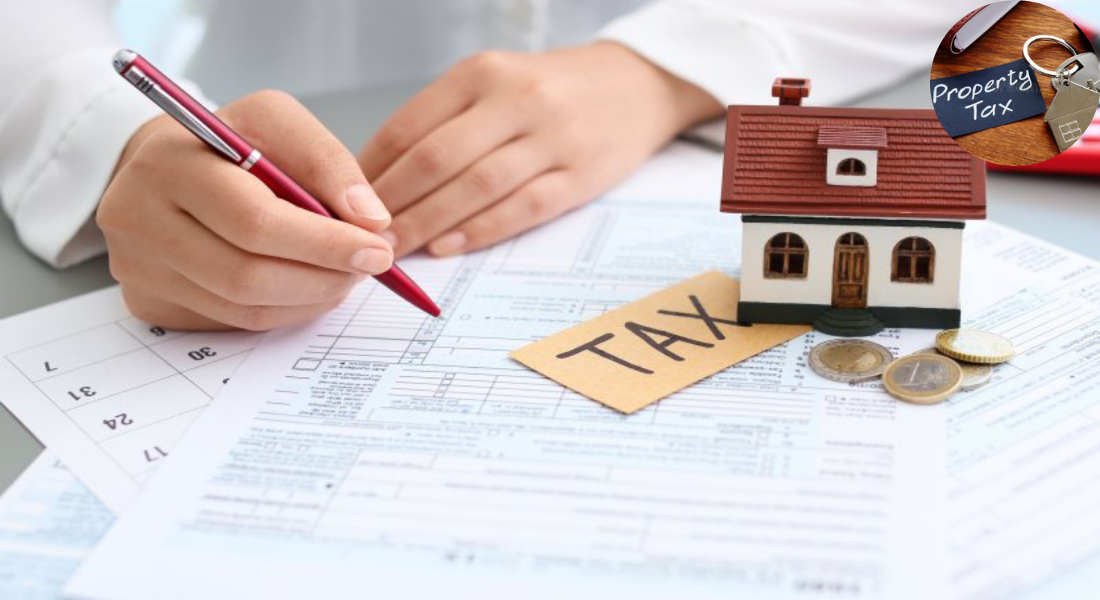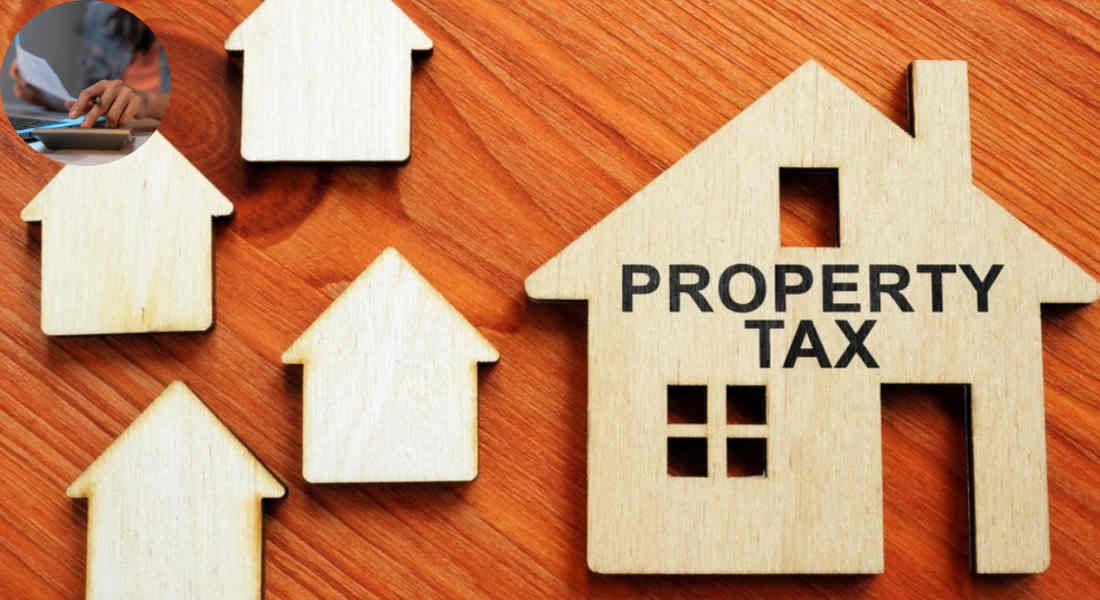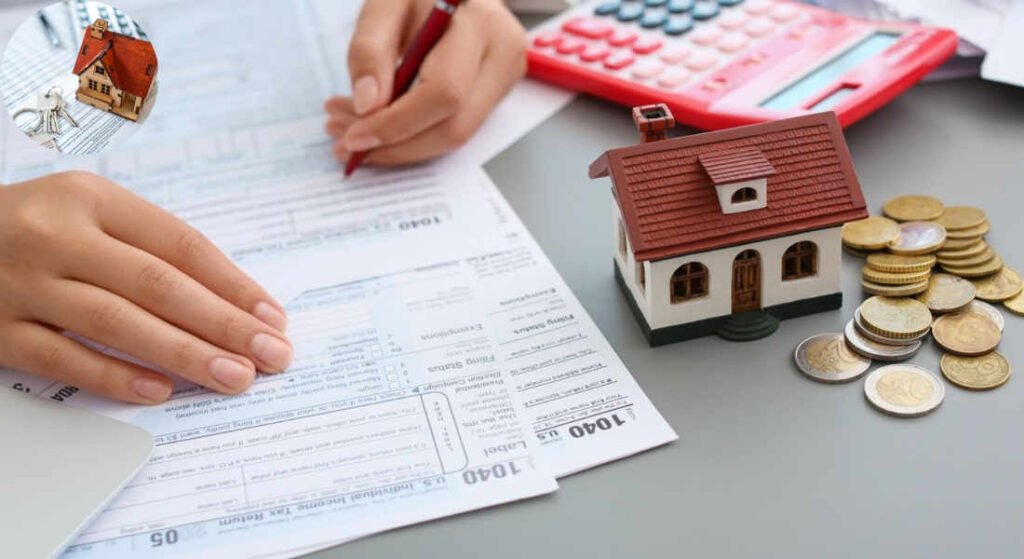Understanding taxes related to property ownership is crucial for every homeowner and real estate investor. Navigating the complexities of these taxes can significantly affect your financial planning and investment strategies. One common area of confusion arises from the question: Are real estate taxes and property house taxes the same?
Understanding the Basics

What Are Real Estate Taxes?
Real estate taxes are taxes levied on real property, which includes land and any permanent structures on it, such as houses and commercial buildings. These taxes are primarily assessed by local governments based on the property’s value.
The purpose of real estate taxes is significant; they help fund essential local services such as:
- Schools
- Infrastructure
- Public safety services
Understanding this aspect is essential, as it highlights the role of real estate taxes in maintaining community services.
What Are Property House Taxes?
The term “property house taxes” is often used interchangeably with real estate taxes in everyday conversation. However, it’s important to note that property taxes is a broader term.
Property house taxes typically refer to taxes specifically on residential real estate. On the other hand, property taxes can include both real estate taxes and personal property taxes, which cover movable assets such as vehicles and equipment.
In essence, while “property house taxes” usually focus on residential properties, the term “property taxes” encompasses a broader range of taxable entities.
Are Real Estate Taxes and Property House Taxes the Same?

Common Misconceptions
Many people assume that real estate taxes and property house taxes are the same due to their frequent use in casual conversations. However, there are technical differences worth noting. The IRS uses the term “real estate tax,” while the general public tends to refer to it as “property tax”. This discrepancy can lead to misunderstandings.
Key Differences and Overlaps
To clarify the distinctions and overlaps between these two terms, let’s look at some key points:
- Real estate taxes apply solely to real property, which includes land and buildings.
- Property taxes may encompass both real property taxes and personal property taxes, depending on local regulations.
You may also read (guide to renting houses license requirements explained).
Here’s a comparative table to help visualize these differences:
AspectReal Estate TaxesProperty Taxes
What’s Taxed Land and permanent structures Real estate + personal movable property
Taxing Authority Local governments State and local governments
Assessment Basis Assessed value of real property Varies: market value, depreciation for personal property
Typical Payment Frequency Annual or semi-annual Varies by property type and location
Common Usage Often called “property house taxes,” a Broader term includes real estate and personal property taxes
This table illustrates the nuances between real estate taxes and property house taxes, aiding in a better understanding of the topic.
How Real Estate and Property Taxes Are Calculated

Assessment of Property Value
The first step in tax calculation is determining the property’s market value. This process is typically conducted by tax assessors, who evaluate properties based on various factors, including location, size, and condition.
Homeowners have the option to contest their property assessments if they believe their property has been overvalued. This is an important right that can save you money if you feel your taxes are unfair.
Tax Rates and Local Variations
Tax rates can differ significantly based on state and local regulations, often ranging from 0.5% to over 7% of the property’s assessed value. This variability can dramatically impact your overall tax bill.
For instance, a property assessed at $300,000 in a locality with a 1% tax rate would incur an annual tax of $3,000, while in another locality with a 3% rate, the tax would jump to $9,000. Understanding where you live can help you plan your finances accordingly.
Payment Methods and Frequency
Property taxes are typically paid on a set schedule. Most homeowners see payment schedules that are:
- Annual
- Semi-annual
- Quarterly installments
You may also read (do roof turbines help cool your house).
Some homeowners opt for escrow accounts, where a portion of their mortgage payment is allocated for property taxes, ensuring they don’t miss payment deadlines.
Others may opt for direct payments, which provide more immediate control over their finances. Knowing your payment options can help you manage your cash flow effectively.
Impact of Real Estate and Property Taxes on Homeowners

Financial Planning and Budgeting
When planning for homeownership, it is crucial to factor in real estate and property taxes as part of your overall costs. Failing to account for these taxes can lead to unexpected financial burdens.
To effectively manage these costs, homeowners can implement strategies such as:
- Paying in installments to ease the financial burden.
- Taking advantage of available tax deductions to reduce taxable income.
Tax Deductions and Credits
Homeowners may also be eligible for various deductions and credits that can lighten their tax load. Some standard deductions include:
- State and Local Tax (SALT) deduction limits: This deduction allows taxpayers to deduct state and local taxes paid, including property taxes, up to a specific limit.
- Exemptions for specific groups, such as senior citizens, veterans, and those qualifying for homestead exemptions, may make them eligible for reduced tax rates.
Knowing which deductions apply to you can significantly significantly impact your financial health.
Differences in Tax Burden
It’s essential to recognize that real estate taxes are generally higher than personal property taxes. For instance, the tax burden on a home can be significantly different from that on a vehicle. Understanding these differences can help homeowners make informed financial decisions.
For example, consider a house assessed at $300,000 versus a car valued at $30,000. The real estate taxes could be several thousand dollars, while the personal property tax on the vehicle might be only a few hundred dollars.
Special Considerations for Property Investors and Renters
Real Estate Taxes and Rental Properties
For property investors, understanding how real estate taxes affect rental income is vital. These taxes can impact overall profitability and property management costs.
Landlords may also qualify for tax benefits that can reduce their liabilities, such as deducting property taxes from their rental income, which can improve their bottom line.
Personal Property Taxes for Investors
Investors should also be aware of personal property taxes, which may apply to business equipment or vehicles used in the management of rental properties. The rules around these taxes can vary significantly by state and locality, so it’s crucial to stay informed.
Tips for Managing and Reducing Your Property Tax Burden
Here are some practical tips to help you manage and potentially reduce your property tax burden:
- Research local tax laws: Understanding the rules in your area can help you find applicable exemptions and deductions.
- Keep property assessments accurate: If you believe your property has been overvalued, contest in the evaluation to avoid overpaying.
- Utilize available deductions and credits: Be proactive in claiming any deductions you qualify for to lower your tax liability.
- Consider property type and location: When purchasing property, consider how these factors will impact your tax obligations.
You may also read (what does emd mean in real estate home deals).

